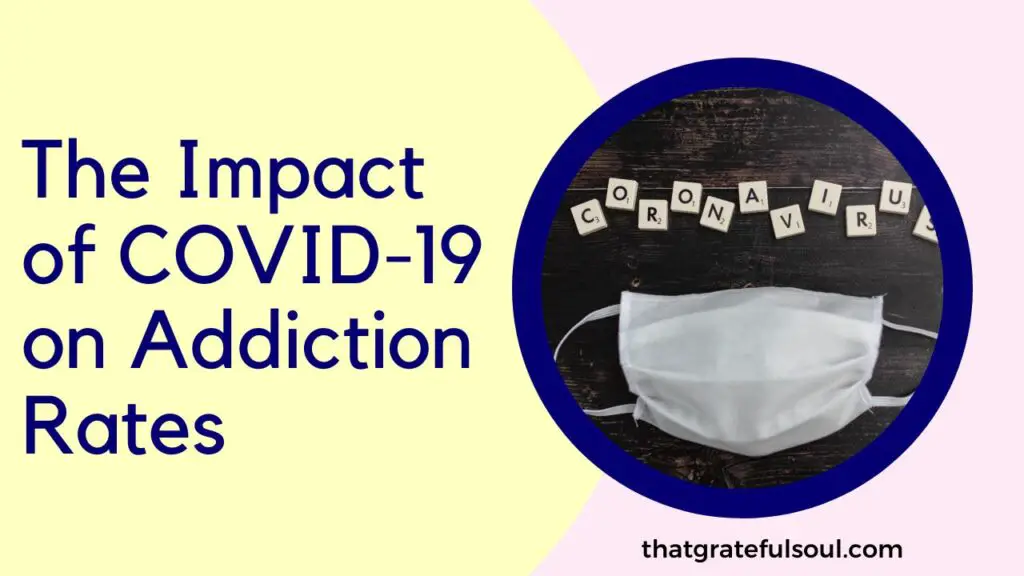In the shadow of the COVID-19 pandemic, another crisis has been silently escalating – an upsurge in addiction rates. This article explores the impact of COVID-19 on these rates and the intertwined complexity of these two public health emergencies[1].

-
Save
Table of Contents
The Impact of COVID-19 on Addiction Rates
The COVID-19 pandemic, a global health crisis, has led to widespread loss, heightened stress, economic instability, and social isolation, creating a ripe environment for substance misuse[2].
Rising Rates of Substance Use Disorders During COVID-19
During the pandemic, there has been a noticeable rise in alcohol and drug use, with more people turning to substances as a way to cope with the ensuing stress, anxiety, and isolation[3].
Alcohol Use
Studies indicate a surge in alcohol sales and consumption during the pandemic, with lockdown measures contributing to increased at-home drinking[4].
Drug Use
The COVID-19 pandemic has also fueled an increase in drug use, especially opioids. Stressors associated with the pandemic have heightened the risk of relapse among those in recovery and escalated the use among existing users[5].
The Pandemic's Impact on Addiction Treatment Services
COVID-19 has also significantly disrupted addiction treatment services. Many in-person services were suspended or restricted, making it more difficult for those seeking help to access support[6].
Treatment Disruptions
Many recovery programs have had to shut down or reduce capacity due to social distancing regulations, leaving fewer options for individuals seeking help[7].
Transition to Telehealth
The pandemic spurred a quick transition to telehealth services, an alternative that can provide benefits but also possesses unique challenges, particularly for individuals lacking reliable internet access[8].
A Dual Crisis: Overdose Deaths During COVID-19
Data suggests that overdose deaths have surged during the pandemic, likely due to the increased substance use and obstacles to obtaining lifesaving treatment and harm reduction services[9].
Conclusion
The collision of the COVID-19 pandemic with the ongoing addiction crisis has amplified challenges in combating substance misuse and providing adequate treatment services. As we grapple with these dual crises, it’s essential to prioritize resources and interventions that can alleviate the impact.
References:
[1]: American Medical Association. “Issue Brief: Reports of increases in opioid- and other drug-related overdose and other concerns during the COVID pandemic.”
[2]: World Health Organization. “COVID-19 disrupting mental health services in most countries, WHO survey.”
[3]: Centers for Disease Control and Prevention. “Mental Health, Substance Use, and Suicidal Ideation During the COVID-19 Pandemic.”
[4]: Journal of Addiction Medicine. “Alcohol Consumption During the COVID-19 Pandemic: A Cross-Sectional Survey.”
[5]: The Lancet Psychiatry. “Implications of COVID-19 for people with substance use disorder.”
[6]: Substance Abuse and Mental Health Services Administration. “Double Jeopardy: COVID-19 and Behavioral Health Disparities for Black and Latino Communities in the U.S.”
[7]: National Institute on Drug Abuse. “The Impact of COVID-19 on the Treatment of Substance Use Disorders.”
[8]: Journal of Substance Abuse Treatment. “Telehealth for substance-using populations in the age of coronavirus disease 2019: Recommendations to enhance adoption.”
[9]: JAMA Psychiatry. “Trends in US Overdose Deaths in the Era of COVID-
-
Save

